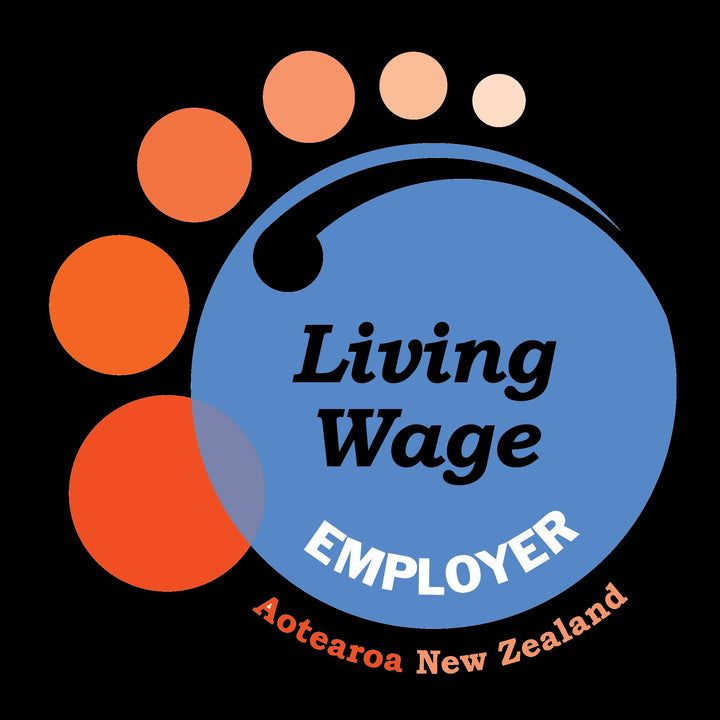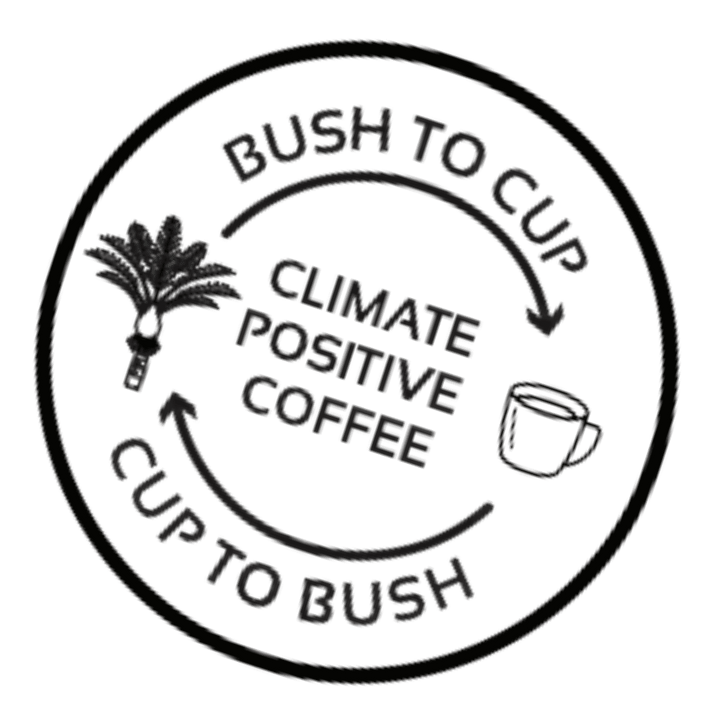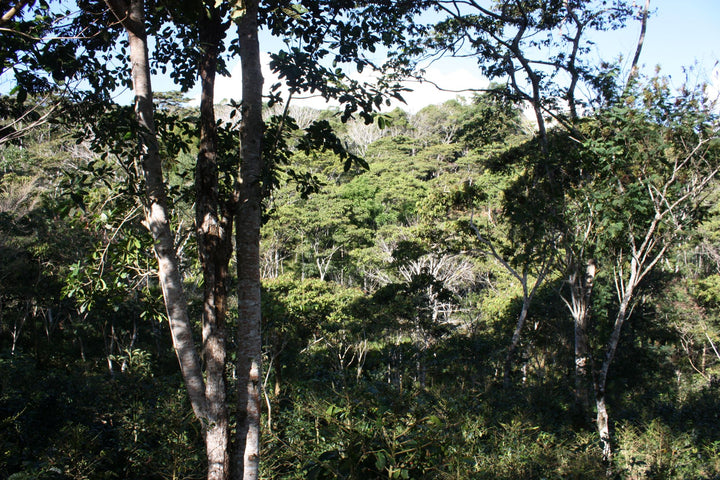The problem with compostable packaging
Since our inception in 2006 we wanted to produce the best coffee possible and do it as sustainably as possible. By far our biggest contribution to a more sustainable world is buying from organic plantations and promoting organic coffee. Our coffee is carbon-positive just by the fact that it is grown organically.
We are as upset as anyone else to see and hear about plastics in our environment and we wanted to do something about it by developing compostable packaging back in 2012. Although question marks arose along the way, we wanted to believe there was a better way for packaging by going compostable.
We are now moving away from home-compostable packaging and start using recyclable packaging. Overall, the latter gives much lower greenhouse gas emissions and it does not use primary products like corn or sugar that could be used for food. We don’t want to use arable land for the production of bio-plastics or contribute to more deforestation.
Another problem is that our manufacturers cannot give recognised 3rd party certification of the packaging. The individual layers might be certified but the final laminate film for the packaging is not. We expected this to come sooner or later but it is just not happening.
We feel that recyclable plastic is for now the best solution for packaging that requires high barriers to protect the product, until there are more sustainable materials available to make bioplastics from and there is a better solution for the end-of-life GHG emissions of bioplastics. We have always pursued the most sustainable options and we are convinced that, looking from all angles at packaging, this is the best way forward to continue promoting organic products.
For a more sustainable world we need more organic agriculture and certainly more organic coffee as the latter is relatively easy and has such a big impact.





